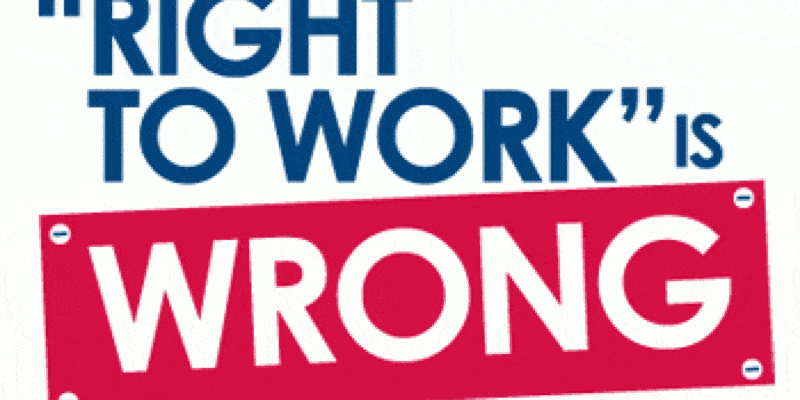By: Nate Beck March 8, 2019
Gov. Tony Evers’ proposed budget would undo a bill passed during the Legislature’s lame-duck session that would concentrate federal money into fewer highway projects to curtail prevailing-wage requirements and other federal regulations.
The provision tucked into Evers’ biennial budget request would waive a requirement passed during the Legislature’s December extraordinary session calling for federal money to make up 70 percent of the funding of large highway projects, or highway rehabilitation jobs worth less than $10 million. Packing federal money into fewer projects has long been a goal for some GOP lawmakers, who argue that doing that will save money by decreasing the number of projects that fall under federal Davis Bacon prevailing-wage requirements and other rules.
“It is frustrating that Gov. Evers wants to repeal a pro-taxpayer reform in order to pay back the special interests who championed his election,” said Duey Stroebel, R-Cedarburg. “Allowing the DOT to spread federal funds across numerous projects only increases the number of projects subject to costly federal mandates. If Gov. Evers wants to win support for increased transportation taxes, proposals like this that reduce efficiencies are not a good way to make that case.”
Evers’ budget, which Republicans derided as a liberal wish list, would undo many of the laws that the GOP-controlled legislature passed in a lame-duck session just before he took over as Governor in early January. The budget would also reinstate a number of policies eliminated during the Walker administration, repeal the state’s right-to-work law and bring back prevailing wage on state projects.



